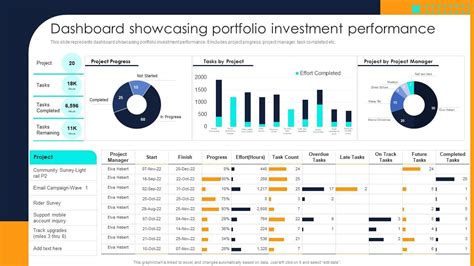Diversifying Beyond the 401k Threshold
For many men, maximizing contributions to a 401k represents a foundational pillar of their financial strategy. It’s a smart, tax-advantaged move that sets the stage for a secure retirement. However, as salaries increase and financial literacy grows, the question inevitably arises: once the 401k is fully funded or nearing its maximum potential, what’s the next best investment to build substantial wealth?
The answer lies in strategic diversification and exploring a range of investment vehicles that complement your existing retirement savings. Moving beyond the 401k isn’t about abandoning prudence; it’s about amplifying your financial power, creating multiple income streams, and building a robust portfolio resilient to market fluctuations.

Brokerage Accounts: The Open Frontier
One of the most straightforward and flexible options after maxing out your 401k is opening a taxable brokerage account. Unlike retirement accounts, there are no contribution limits, offering unlimited potential for growth. These accounts provide immense flexibility, allowing you to invest in a wide array of assets.
You can choose from exchange-traded funds (ETFs) for diversified exposure to various markets or sectors, individual stocks for higher-risk, higher-reward potential, and bonds for income and stability. This flexibility allows for active management and alignment with your personal investment philosophy and risk tolerance.
Health Savings Accounts (HSAs): The Triple Tax Advantage
Often overlooked, Health Savings Accounts (HSAs) are arguably one of the most powerful investment tools available for men with high-deductible health plans. They offer a unique “triple tax advantage”: contributions are tax-deductible, investments grow tax-free, and qualified withdrawals for medical expenses are also tax-free.
If you don’t need the funds for immediate medical expenses, an HSA can effectively function as an additional retirement account, as the money can be withdrawn tax-free for any purpose after age 65, albeit subject to income tax if not used for qualified medical expenses. This makes it an excellent vehicle for long-term wealth accumulation.

Real Estate: Tangible Assets, Consistent Income
Real estate has long been a cornerstone of wealth building. Investing in physical properties, such as rental units or commercial spaces, can provide consistent rental income, potential for appreciation, and valuable tax deductions. It offers a tangible asset that you can control and improve.
For those who prefer a more hands-off approach, Real Estate Investment Trusts (REITs) offer exposure to the real estate market without the complexities of property management. REITs are companies that own, operate, or finance income-producing real estate across various property sectors, allowing you to invest in a diversified portfolio of properties through a publicly traded stock.
Alternative Investments: Unconventional Growth
Beyond traditional stocks and bonds, alternative investments can provide diversification and potentially higher returns, though often with increased risk and less liquidity. This category includes private equity, venture capital, hedge funds, and even commodities.
For accredited investors, exploring opportunities in private companies or early-stage startups through venture capital funds can offer significant growth potential. Other alternatives, like fine art, rare collectibles, or even fractional ownership of high-value assets, can also play a role in a well-diversified portfolio, appealing to specific interests and offering unique hedging against market volatility.

Investing in Yourself: Entrepreneurship and Skill Development
Wealth building isn’t solely about financial instruments; it’s also about increasing your earning potential. Investing in your own business ventures, developing new high-income skills, or pursuing an entrepreneurial path can yield significant returns. The autonomy and potential for exponential growth in a successful business can far surpass traditional investment returns.
This “investment” can take the form of education, certifications, or direct capital into a startup. The knowledge and experience gained are invaluable assets that can consistently generate wealth over time, independent of market conditions.

Strategic Financial Planning and Professional Guidance
Navigating the post-401k investment landscape requires a clear strategy. Working with a qualified financial advisor can be immensely beneficial. They can help assess your risk tolerance, establish clear financial goals, and construct a personalized investment plan that considers your entire financial picture, including estate planning and tax optimization.
A comprehensive financial plan ensures that your investments are aligned with your long-term objectives, whether that’s early retirement, funding a child’s education, leaving a legacy, or achieving financial independence. Regular reviews and adjustments to this plan are crucial to adapt to changing market conditions and personal circumstances.

Crafting Your Wealth Legacy
Moving beyond the 401k is an exciting phase of wealth accumulation. It’s an opportunity to diversify, explore new asset classes, and strategically position your finances for substantial long-term growth. From taxable brokerage accounts and HSAs to real estate and alternative investments, the options are plentiful and varied.
The key is to approach this next phase with deliberate planning, a clear understanding of your goals, and a willingness to seek expert advice. By doing so, men can effectively build a diversified, resilient, and continuously growing wealth portfolio that extends far beyond the traditional confines of their retirement accounts, ultimately securing a powerful financial legacy.




